Home - Voyage 2050
Voyage 2050
Long-term planning of the ESA Science Programme
Updates on Voyage 2050 can be found here.
11 June 2021
Voyage 2050 sets sail: ESA chooses future science mission themes
ESA’s large-class science missions for the timeframe 2035-2050 will focus on moons of the giant Solar System planets, temperate exoplanets or the galactic ecosystem, and new physical probes of the early Universe. [Read the press release here]
11 June 2021
The report of the Senior Committee to the Director of Science is available to download.
26 May 2021
Message from the Senior Committee Chair and Co-Chair
The Senior Committee recommendations have been submitted to the ESA Director of Science
We are delighted to announce that the Voyage 2050 Senior Committee has completed its work and a report has been submitted to the ESA Director of Science detailing the Committee’s final recommendations. This report will be the basis of a proposal for the long-term planning of ESA’s science programme that the Director will bring to the Science Programme Committee meeting in June. ESA will communicate the outcome of the SPC decision shortly after the meeting, and later this year will present the recommendations in a publication for a broad readership.
We recall that the Director of Science requested the Senior Committee make a three-tiered recommendation. The first was to provide a clear recommendation on science themes for the next three Large missions following JUICE, ATHENA, and LISA. The second was to provide a list of possible themes that could be addressed through Medium missions, and the third recommendation was to propose areas of long-term technology development that would lead to breakthrough science from ESA Space Science missions in the future, beyond Voyage 2050.
The starting point for the Senior Committee’s work was the almost 100 White Papers, outlining a wide range of diverse and ambitious ideas for science themes, submitted by the scientific community. This wealth of ideas had to be distilled to a much smaller number of themes for the recommendations. The Senior Committee was supported in this daunting task by the Topical Teams who ensured that the Committee had access to broad and diverse scientific views and opinions.
On behalf of the Senior Committee members we send our heartfelt thanks and gratitude to the authors of the White Papers, for providing us with a rich palette of exciting and ambitious science themes from which to choose, and to the members of the Topical Teams for their important and crucial contribution to the Voyage 2050 process.
The delivery of the Senior Committee report marks the point at which the Voyage 2050 'baton' is passed to ESA. We look forward to following the next steps of the Voyage 2050 journey.
Linda Tacconi and Chris Arridge
Chair and Co-Chair of the Voyage 2050 Senior Committee
21 April 2021
Message from the Senior Committee Chair and Co-Chair
Update on the Voyage 2050 process
We are happy to report that the Senior Committee is now preparing the report containing the Committee’s recommendation to the Director of Science. We have arrived at this point following numerous virtual meetings, which ran until early this year, and during which we carefully considered the reports of the individual Topical Teams and distilled the potential L- and M-class science themes, as well as areas that are ripe for technology development. After much focused, robust debate and deliberation the Senior Committee members have reached a consensus on the recommendations. Our report to the Director of Science will be delivered in mid-May and a public report will be issued later this year.
Linda Tacconi and Chris Arridge
Chair and Co-Chair of the Voyage 2050 Senior Committee
10 July 2020
Message from the Senior Committee Chair and Co-Chair
Update on the Voyage 2050 process
It has been some time since the Voyage 2050 workshop in Madrid, and even longer since we received the White Papers for consideration for Voyage 2050, and we felt it was important to provide an update of the Voyage 2050 process. This is especially relevant given the upheaval the world has seen in the first half of this year. As you might imagine, COVID-19 has had a significant effect on our process.
The Topical Teams met at ESTEC in January to discuss all the White Paper submissions and to begin to synthesise the contributions so that we could develop a recommendation for the ESA Science Programme Committee (SPC). During this period the Topical Teams also met with technical experts to seek their views on what would be possible in the Voyage 2050 time frame.
Since the January meeting the process has been affected by COVID-19. A planned face-to-face meeting of the Senior Committee in April was cancelled due to physical distancing and lockdown procedures effected across Europe. Instead, the work of the Committee has progressed via regular virtual meetings, albeit slower than would have occurred without this pandemic. The original timeline was for the Senior Committee’s recommendation to be delivered to the SPC in November, but this is now anticipated to be more a draft recommendation rather than a formal recommendation as originally planned. Accordingly, the release of the Voyage 2050 public report will also be delayed into 2021.
We take this opportunity to thank all the contributors to the Voyage 2050 process: the White Paper authors, whose works continue to be of use in the ongoing deliberations; the Topical Team members for their excellent work in robustly analysing the contributions, and the Senior Committee for their diligent work with these Topical Teams.
Linda Tacconi and Chris Arridge
Chair and Co-Chair of the Voyage 2050 Senior Committee
4 March 2019
The Science Programme of the European Space Agency (ESA) relies on long-term planning of its scientific priorities. The first long-term plan, Horizon 2000, was the result of an exercise started in 1983, and it was followed by an extension, Horizon 2000 Plus, that resulted in the initiation of the Gaia and BepiColombo missions. The successive planning exercise, Cosmic Vision, was started in 2004 and is the current basis against which the content of the Science Programme is set.
Cosmic Vision is the result of a bottom-up process that began with a consultation of the broad scientific community. The plan, which comprises a variety of missions and extends up to 2035, defines the wide-ranging and ambitious scientific questions to be addressed by missions in the ESA Science Programme.
The next planning cycle of the ESA Science Programme, Voyage 2050, is now underway. In keeping with the bottom-up, peer-reviewed nature of the Science Programme, the definition of the next plan relies on open community input and on broad peer review. The community input will be gathered through the Call for White Papers, while the peer review of this input will take place through a two-tiered committee structure, with a Senior Committee of 13 European scientists supported by a number of Topical Teams. Scientists interested in participating in peer review process are invited to respond to the Call for Membership of the Topical Teams.
Membership of Topical Teams
Scientists working in ESA Member States and with an interest in any topic in space science and in the relevant technologies are welcome to apply for membership of the Topical Teams. Space science is defined here in a broad sense, including the observation of the Universe, planetary science, solar science, study of the space environment, and scientific experiments that can be carried out from a spacecraft.
The Topical Teams will be appointed by the Director of Science after the evaluation and recommendations of the Senior Committee. It is intended to have a mix of experience represented in each Topical Team and early career scientists are specifically encouraged to apply.
Full details, including information about Voyage 2050, the tasks of the Topical Team members, and information needed by applicants, can be found in the Call for Membership of Topical Teams document.
White Papers
By means of the present Call for White Papers, the Agency is soliciting ideas from the scientific community for the science themes that should be covered during the Voyage 2050 planning cycle.
White Papers are not proposals for specific missions; they should rather argue why a specific scientific theme should have priority in the Voyage 2050 planning cycle. At the same time, and to ensure realism in the resulting Programme, applicants should briefly illustrate possible mission profiles.
Any scientist or science team can submit a White Paper, with no limitation in terms of residence or nationality. All White Papers must be submitted in English. White Paper lead scientists cannot be members of the Topical Teams.
Full details, including information about Voyage 2050, the requirements for White Papers, and the role these will play in formulating the future Science Programme, can be found in the Call for White Papers document.
Workshop
An open workshop was held 29-31 October 2019 in Madrid, Spain, at which the White Papers were presented.
Submission forms
|
Call for Topical Team members The deadline for receipt of applications has passed. |
Call for White Papers The deadline for receipt of White Papers has passed. |
Schedule for this call and important dates
| Activity | Date |
| Senior Committee appointed | December 2018 |
| Call for Membership of Topical Teams issued | 4 March 2019 |
| Call for White Papers issued | 4 March 2019 |
| Deadline for receipt of applications for Topical Team membership | |
| Topical Team members appointed | July 2019 |
| Deadline for receipt of White Papers | |
| Workshop to present White Papers | 29 - 31 October 2019 |
| Topical Teams report to Senior Committee | February 2020 |
| Senior Committee recommendations to Director of Science | Late 2020 |
Contact
Applicants who require further information while preparing their response to the Calls are invited to contact:
Fabio Favata
Head of the Strategy, Planning and Coordination Office
Directorate of Science
European Space Agency
Email: Fabio.Favata
Luigi Colangeli
Head of the Science Coordination Office
Directorate of Science
European Space Agency
Email: Luigi.Colangeli
Last updated: 21 April 2021
To be informed about new Announcements or Calls from the ESA Science Directorate please subscribe to the dsciannounce mailing list.
- Removed a total of (6) style text-align:center;
- Removed a total of (2) style margin:0;
- Removed a total of (2) style padding:0;
- Removed a total of (1) align=center.
- Removed a total of (2) border attribute.
- Removed a total of (2) cellpadding attribute.
- Removed a total of (2) cellspacing attribute.
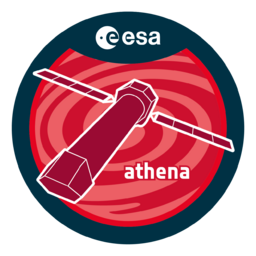
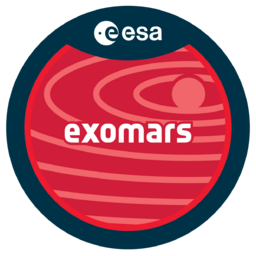
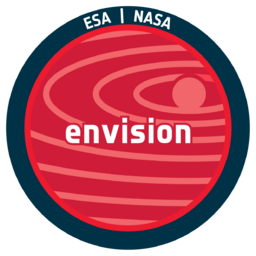
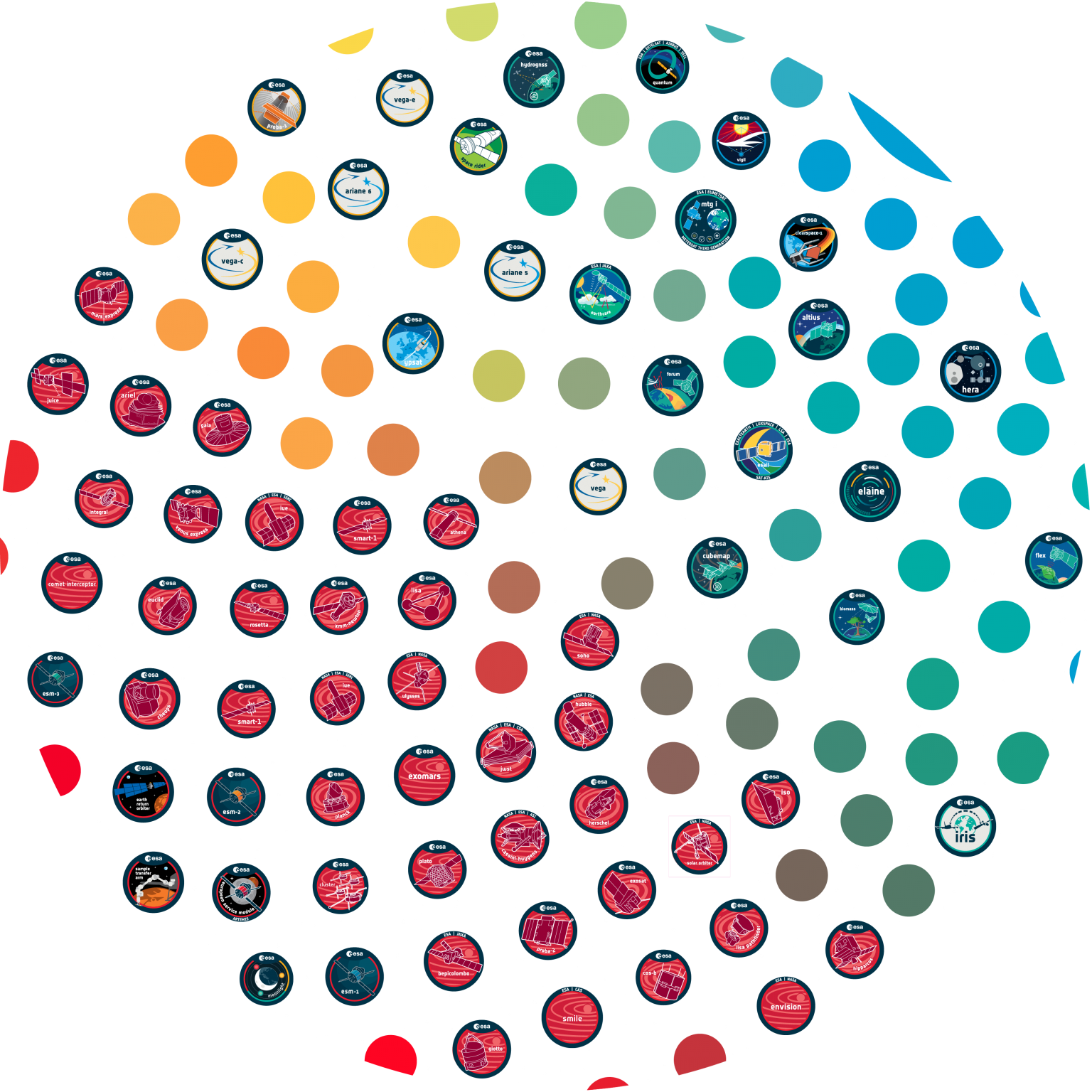
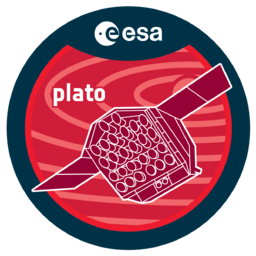
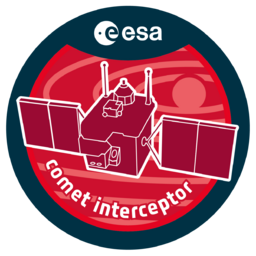

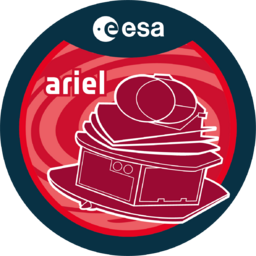
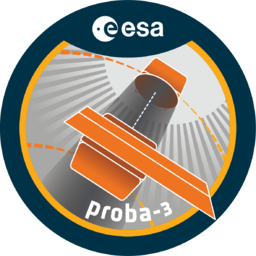
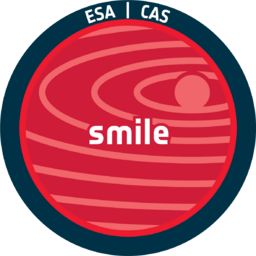
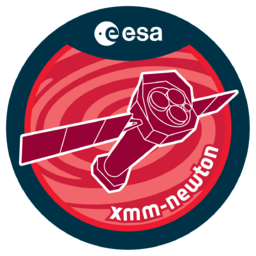
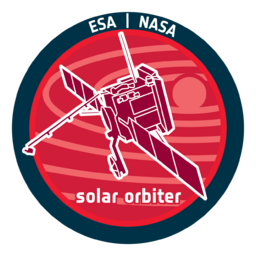
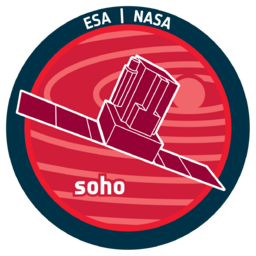
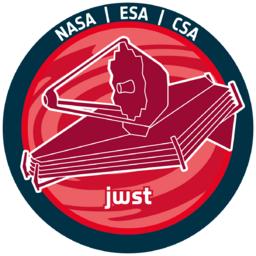
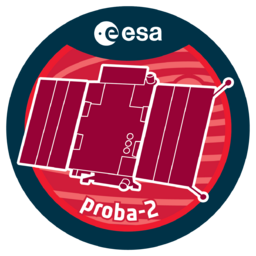
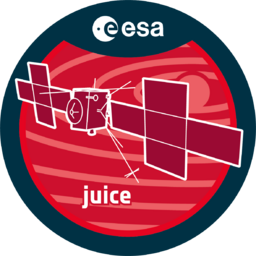
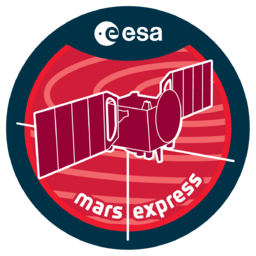
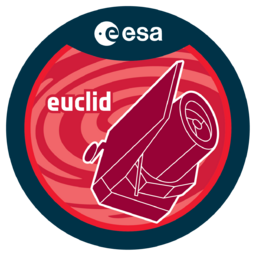
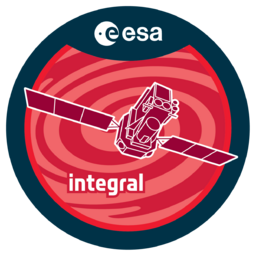
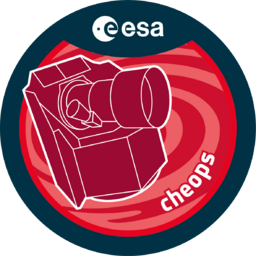
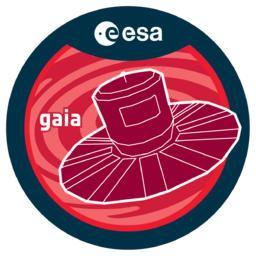
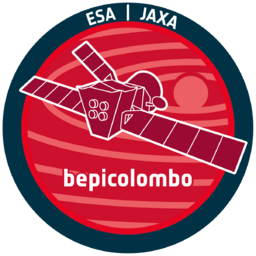
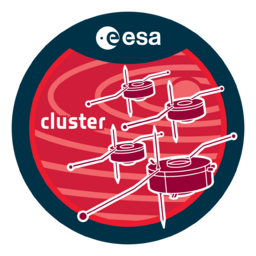
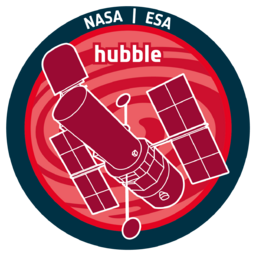
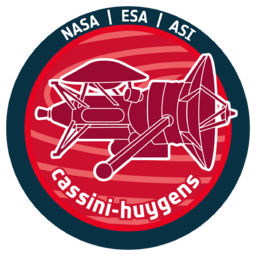
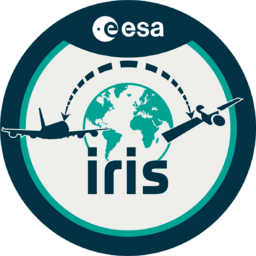
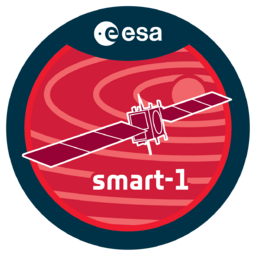
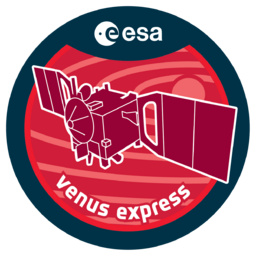
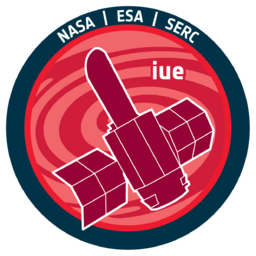
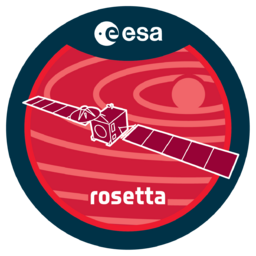
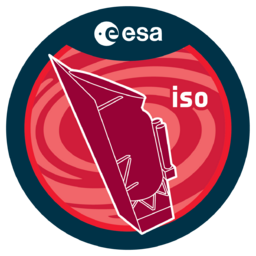

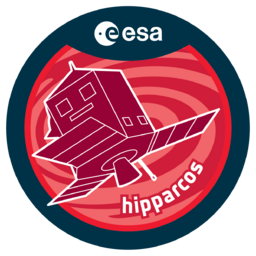
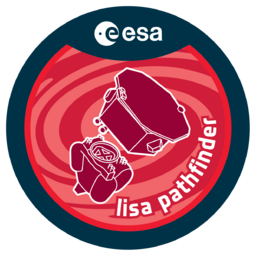
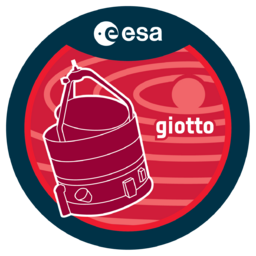
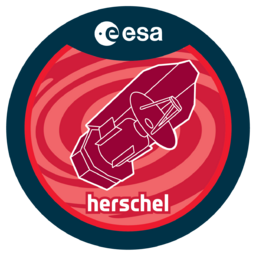
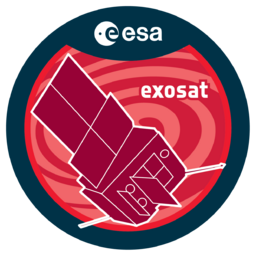
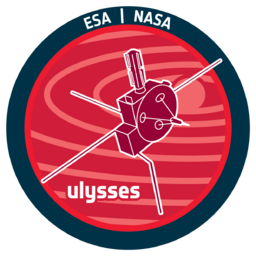
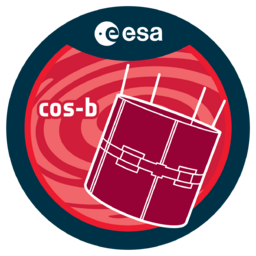

 Sign in
Sign in
 Science & Technology
Science & Technology
